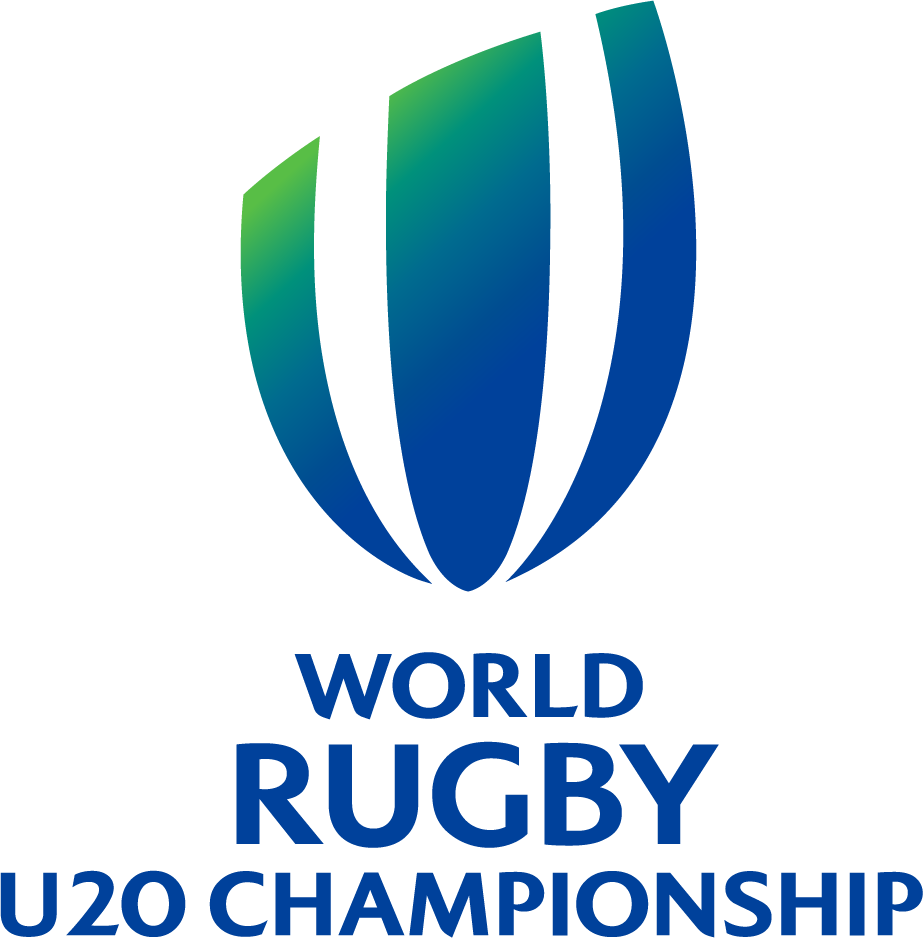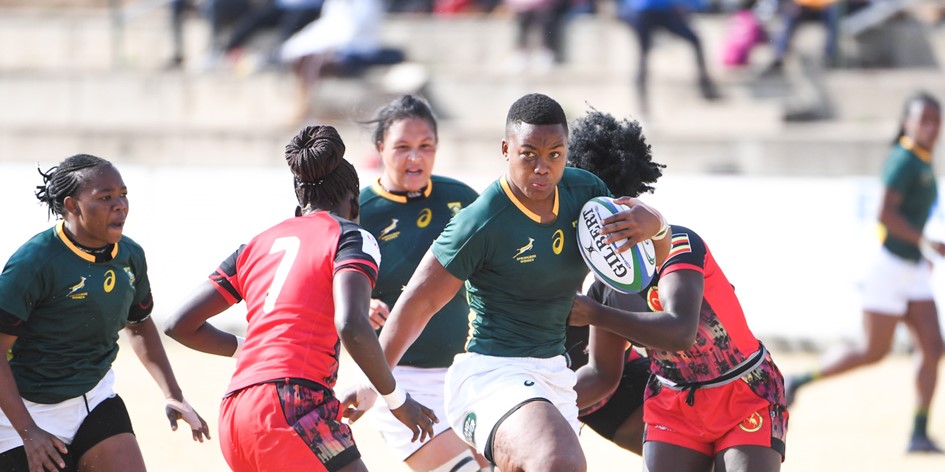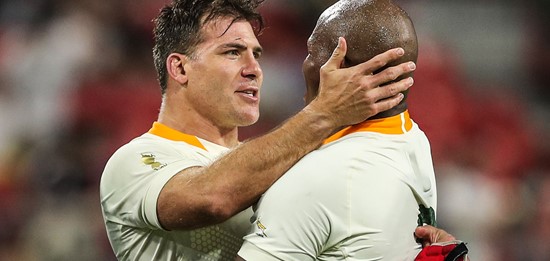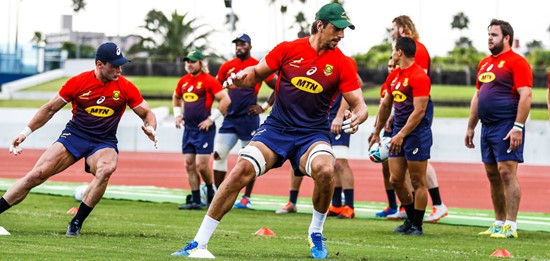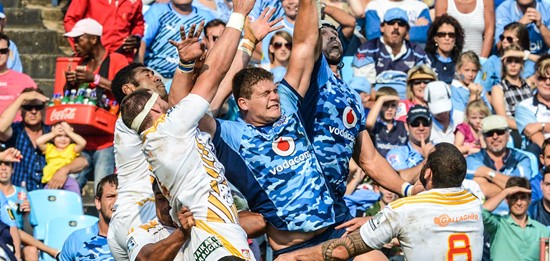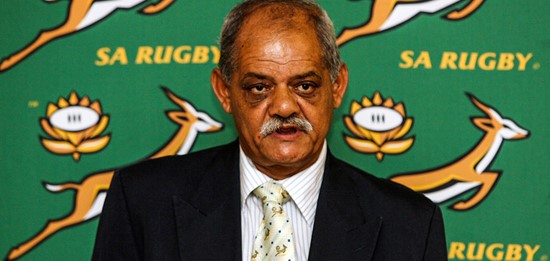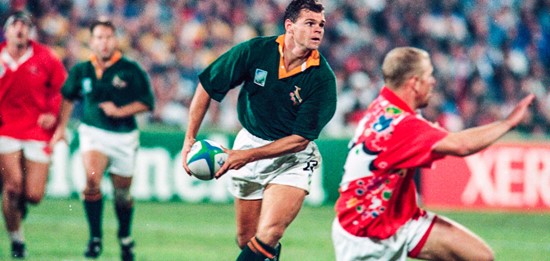The Springbok Women were set to defend their Rugby Africa Women’s Cup title in a three match-series against Uganda, Madagascar and Kenya between May and July, which would have featured a historic first Test match in Madagascar, but the tournament was called off on Tuesday following a decision by Rugby Africa to cancel their 2020 season in the interests of player safety.
The key considerations in this significant decision included the current bans on travel, public gatherings and sporting events across Africa, the varying lifting of lockdown restrictions across the continent, potential quarantine requirements and the anticipated increase in travel costs when the travel bans are lifted.
Another contributing factor highlighted by the Rugby Africa Medical Committee was the fact that the variable evolution of COVID-19 in different parts of Africa made it difficult to predict when the pandemic would peak in Africa and when the end would be in sight.
“I feel for Stanley Raubenheimer and his team, especially with an eye on their preparations for the 2021 Rugby World Cup in New Zealand,” said Roux, who is also the Secretary General of Rugby Africa.
“But the safety of the players and team management members has to be the top priority in any decision made, and the cancellation of the tournament is in line with that.
“The players have continued to put in the hard yards in terms of their training during lockdown, and I commend them for that. I have no doubt that this news – albeit disappointing – will not stop them from doing their best and ensuring that they return to the field even more determined when the rugby season resumes.”
Raubenheimer was equally realistic in his reaction to the cancellation of the tournament: “I think it was the best decision in light of the COVID-19 pandemic. I would rather extend our preparation for the 2021 Rugby World Cup into next year and have peace of mind knowing that the players’ safety is the main priority.
“As a coaching team we were prepared for any eventuality, but it is good to have clarity on the season so we can map the way forward.”
Raubenheimer said the players would continue with their personal training programmes for now, while he remained hopeful that the European Tour scheduled to take place in November would go ahead.
“There is still a while to go before the November tour, so we will continue planning for that, although similarly to the Rugby Africa Women’s Cup we need to be prepared for any scenario that may play out,” said the coach.
“Obviously we would have liked to play as many matches as possible in the lead-up to the World Cup, but we have to be patient and let the COVID-19 virus take its course.
“Fortunately we managed to get the centralised training camps running across the country earlier in the year to allow the players to train together within in their respective regions, so when they can train in groups again I would like to see that function optimally. And if possible it would be nice to have a short alignment camp of three to four days with the entire squad later in the season.”














